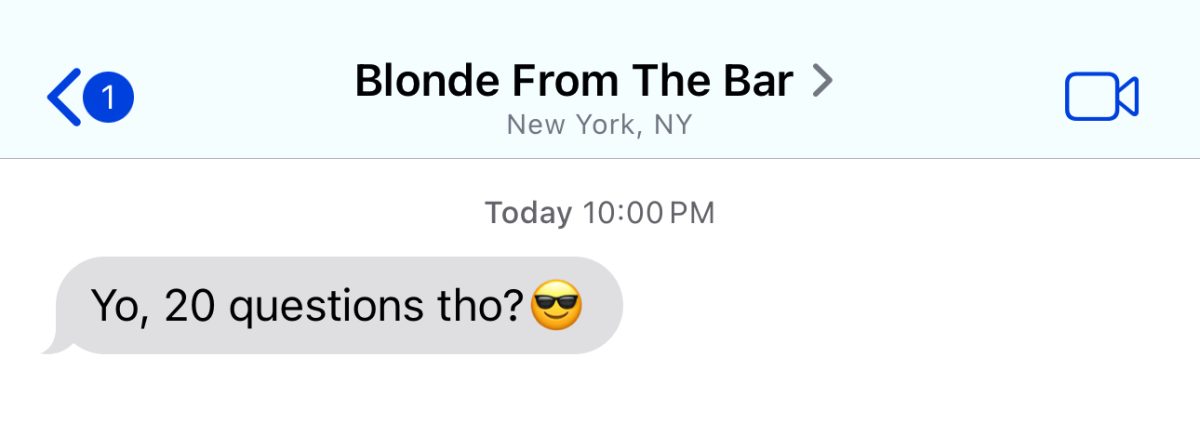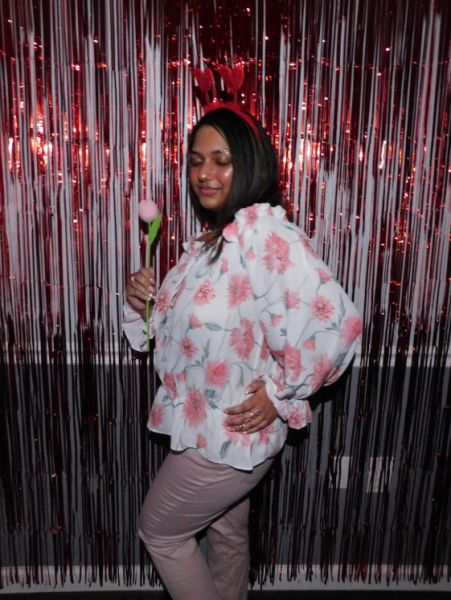The phrase ‘I’m just a girl’ has gained popularity on TikTok, Instagram, and X (formerly Twitter) and is often used with a sense of irony or self-awareness. It’s commonly seen in lighthearted situations, such as making a nonessential purchase like a sweet treat, eating pickles and popcorn for dinner, or choosing to be a ‘passenger princess.’
The phrase traces back to a 1994 episode of “The Simpsons,” in which Lisa Simpson is upset that her doll can only say, “I’m just a girl.” A year later, Gwen Stefani re-introduced this concept with No Doubt’s hit song “Just a Girl,” where she criticizes society’s distorted perception of women, viewing them as fragile and needing protection.
In recent years, the catchphrase “I’m just a girl” has become a common phrase. It is often used by women to poke fun at their own naivety or embrace vulnerability. The phrase has evolved into a cultural shorthand for being simultaneously self-deprecating and unapologetically feminine.
While empowering posts have flooded social media sites, some users have misinterpreted the meaning of the phrase, leading to content that may come off as sexist rather than funny or relatable. One viral TikTok features a sad hamster wearing a pink bow next to a video game controller sitting on a bed surrounded by plushies, with the caption, “When he asks me why I can’t aim (I’m just a girl).” Variations of this meme often portray women as being incapable of doing simple tasks, making unnecessary purchases or not putting in enough effort because they are just cute, head-in-the-clouds girls.
The phrase’s growing popularity raises the question: Is this seemingly harmless expression subtly belittling women, or is it a form of empowerment disguised as humor?
It might seem like the feminine equivalent to the phrase “Boys will be boys,” which excuses bad behavior as natural. However, “I’m just a girl” serves a different purpose. Rather than excusing bad behavior, it encompasses and embraces girlhood, allowing women to reclaim their identity without guilt or pressure from society to perform a certain way. It is not meant to be anti-feminist but rather to acknowledge that women do not exist in an idealized bubble. Making light of relatable generalizations online doesn’t diminish the progress or work done to fight for women’s liberation.
These memes, albeit relatable and funny, are just that: memes that have taken over Generation Z’s vocabulary. Many individuals recognize them as overused and redundant jokes, but when they start being used as legitimate excuses, it creates a problematic situation. The phrase “I’m just a girl” shifts from playful to demeaning, aligning with stereotypes that women have worked for years to dismantle.
The fight for women’s rights took decades, and it’s only been a little over 100 years since women won the right to vote. With trends like “tradwife” gaining traction online and the overturning of Roe v. Wade in 2022, there’s a real concern that women’s progress is being rolled back. However, these regressive ideals are being actively challenged; for the first time in American history, there is a woman of color running for president. So, while “I’m just a girl” can represent the lighter side of womanhood, it is crucial to ensure that this four-letter phrase doesn’t get construed as reinforcing harmful stereotypes.







